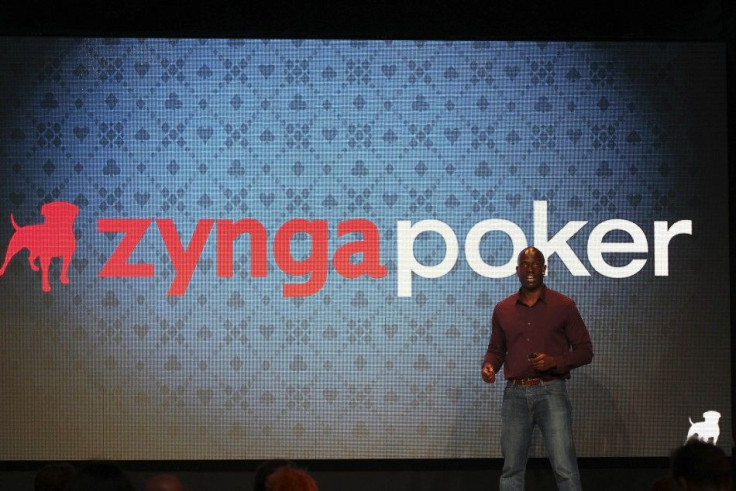Zynga Goes Solo, Unleashes New Products

Zynga is going rogue as it makes its social games more accessible to users, the Associated Press reports.
Zynga is a social-gaming company that rose to prominent with its games on Facebook such as Texas Hold 'Em Poker, Mafia Wars and ''FarmVille. Zynga seeks to proliferate its games with the launch of a new gaming platform Project Z.
Zynga will also be launching nine new games such as CastleVille, Dream Zoo and Zynga Bingo. The medieval-themed CastleVille seems to be the most compelling of the new offerings. It will feature a cast of characters, an original soundtrack preformed by a 75-member orchestra and high production quality.
We want to creative a narrative with characters that redefines the social-gaming experience, said Bill Jackson, creative director of CastleVille.
Zynga is planning to expand its business and hopes to raise $1 billion during an initial public offering. Zynga has attracted over 232 million players out of 800 million Facebook users. Zynga games are free to play, but the company sells online items to players that speed up game progression. It earned $18 million in revenue during the first half of the year, adding to total revenue of $522.
Zynga will not be completely cutting the cord with Facebook. The company will still offer games through the social network. Zynga will also required players to have a Facebook account to join the Project Z service. The release date for the project hasn't been announced.
We generate substantially all of our revenue and players through the Facebook platform and expect to continue to do so for the foreseeable future, Zynga said in its IPO papers.
But Zynga is sending some mixed signals. The company is trying to gain some distance from Facebook with Project Z, but then requires users to have a Facebook account to access its new service. The two goals seem to be at odds.
The new service might be a way of cutting Facebook out of the revenue stream. Facebook charges Zynga a 30 percent commission on anything sold through the site. The social-gaming market reached $1.4 billion in 2011 and is expected to grow to $2.4 billion by 2014, SuperData reports.
It does make sense for Zynga to explore opportunities outside of Facebook in order to grow their revenue base, Rich Tullo, director of research at Albert Fried & Co. in New York, said to Business Week. How much of their success is the actual games, how much of the success is because they distribute on Facebook? We don't know.
But most Facebook users will probably be glad to hear Zynga games will be more concentrated on its own web space. Since Zynga games are socially base, player got extra benefits for inviting their friends to play with them. However, most Facebook users joined the online service to connect with friends instead of being asked to tend to their digital corn stalks. Many users found the invites Zynga games send out irksome.
Zynga moving to another site solves many problems: Facebook users will no longer be annoyed by application request and Zynga gamers will find people more willing to help their in-game avatars out.
© Copyright IBTimes 2024. All rights reserved.











